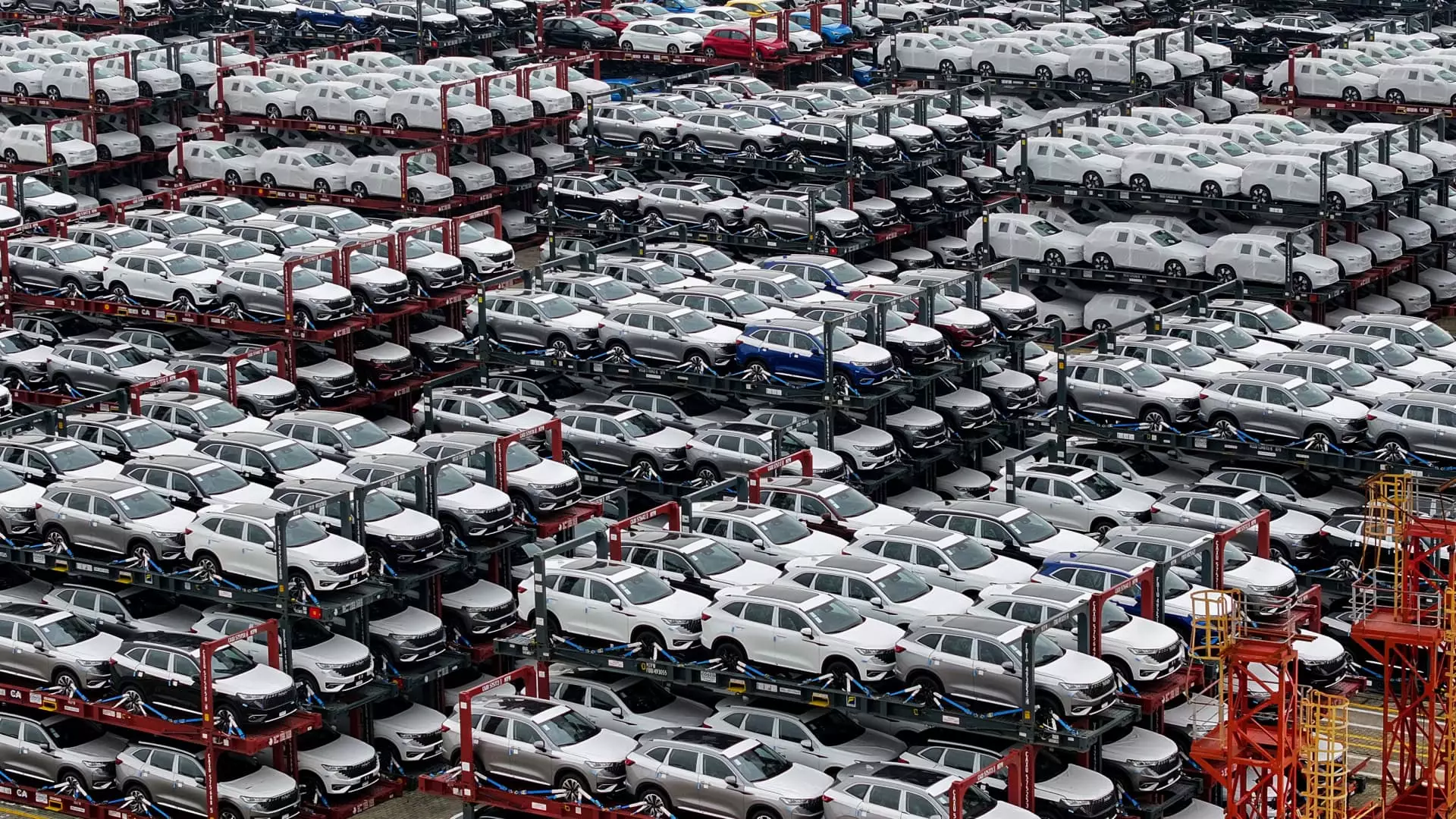Recent talks between China and the European Union regarding proposed tariffs on Chinese electric vehicles (EVs) have sparked a dialogue between the two economic powerhouses. The move comes in response to the EU’s concerns about the alleged subsidies received by Chinese companies, leading to an imbalance in the global market. The implications of these discussions could have far-reaching consequences for both parties involved.
Germany’s Economy Minister Robert Habeck’s announcement of concrete negotiations on tariffs with China marks a significant turning point in the ongoing trade dispute. The agreement to start consultations over the EU’s anti-subsidy investigation into Chinese EVs indicates a willingness to address the root cause of the issue. This development signifies a proactive approach to resolving trade conflicts through dialogue rather than resorting to punitive measures.
While the proposed EU tariffs aim to level the playing field and combat unfair advantages granted to Chinese companies, they also pose challenges for both sides. China’s support for Russia in the conflict in Ukraine adds another layer of tension to the trade relationship. The need for a comprehensive dialogue to address these complex issues is evident, as both parties seek to protect their interests while fostering economic cooperation.
Germany’s reassurance that the proposed tariffs are not punitive measures but rather a means to ensure fair competition underscores the EU’s commitment to upholding trade regulations. By emphasizing the need for a level playing field, the EU aims to create an environment where companies can compete based on merit rather than external subsidies. The careful consideration of countervailing duties reflects a nuanced approach to addressing trade imbalances.
In response to the proposed EU tariffs, China’s National Development and Reform Commission has expressed its determination to protect Chinese companies. The assertion that the growth of China’s new energy industry is a result of competitive advantages rather than unfair subsidies highlights China’s perspective on the matter. The rejection of accusations of unfair competition underscores China’s commitment to fostering a competitive market environment.
The ongoing negotiations between China and the EU present an opportunity for both parties to engage in constructive dialogue. The room for manoeuvre and discussion allows for the exploration of mutually beneficial solutions that address the concerns of all stakeholders. The potential for creative responses, such as those demonstrated by Chinese carmaker SAIC Group, indicates a willingness to adapt to changing market conditions.
The proposed EU tariffs on Chinese-made EVs signify a critical juncture in the trade relations between China and the European Union. The willingness of both parties to engage in negotiations and dialogue reflects a commitment to resolving trade disputes through diplomatic channels. The outcomes of these discussions hold the key to shaping the future of economic cooperation between two major global players. As the trade landscape continues to evolve, it is essential for both sides to find common ground and work towards mutually beneficial solutions.

Leave a Reply